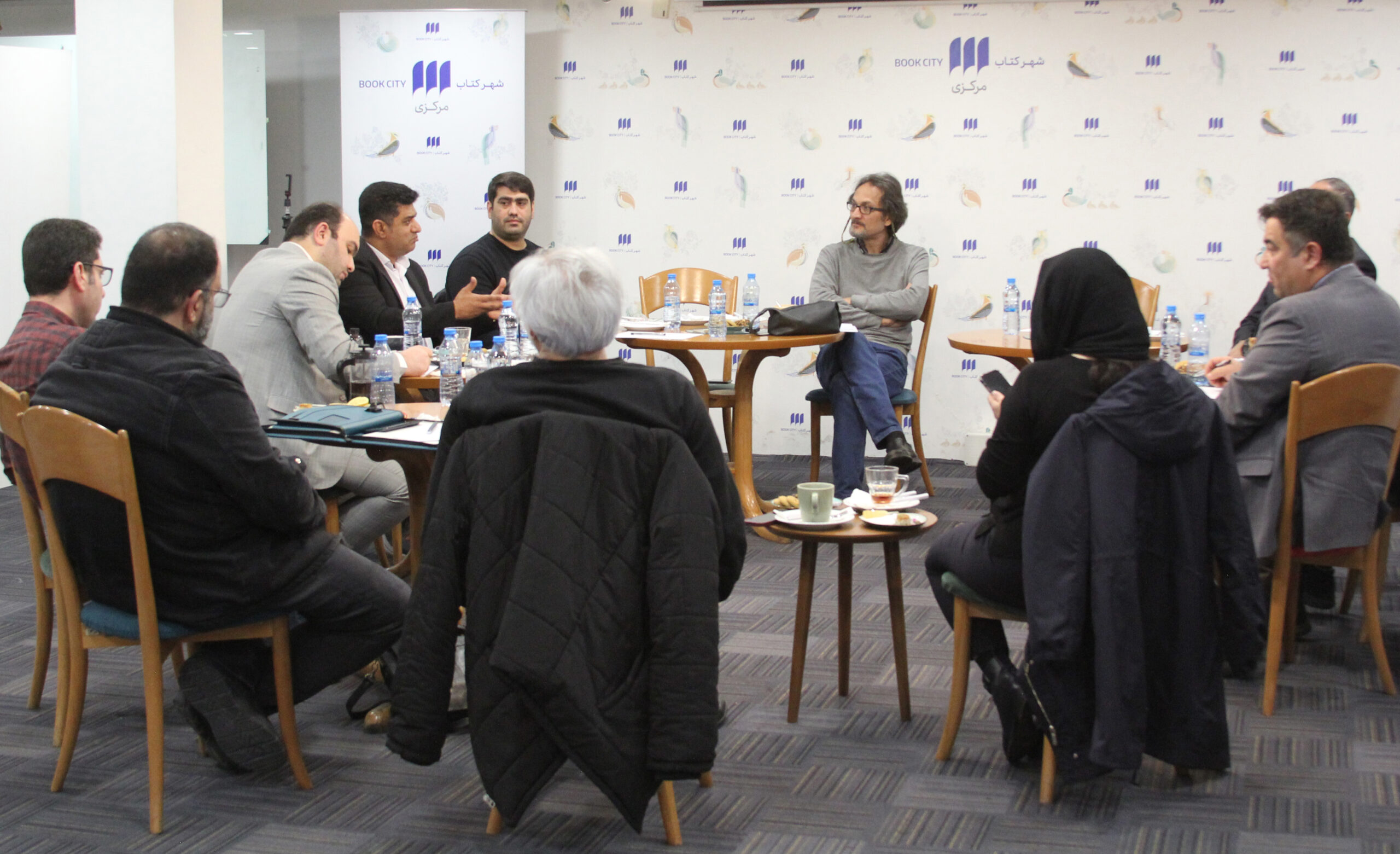
In a landmark step for Iran’s cultural landscape, the inaugural policy-making council meeting for the 2nd National Qeshm Oud Festival was held at the BookCity Institute, marking the official appointment of the festival’s secretary, Mohammad Firouzi, and executive secretary, Mohsen Fattahi. Organized in partnership with the Qeshm Free Zone Organization, the festival will take place on April 14–17, 2025, on Qeshm Island, blending music, culture, and heritage in a celebration of the oud—a cornerstone of Persian artistic identity.
Attended by Adel Pighami, CEO of the Qeshm Free Zone, the meeting solidified the festival’s vision: to elevate the oud’s role in Iran’s cultural narrative while fostering global appreciation for this ancient instrument. Council members, including renowned artists and scholars like Majid Nazempour, Sahar Forouzan, and Keyvan Farzin, emphasized integrating oud music into broader cultural programs. “The oud isn’t just an instrument—it’s a bridge between generations and a vessel for preserving Iran’s intangible heritage,” one member noted. Discussions also centered on leveraging music to revitalize cultural memory, aligning with BookCity’s ongoing mission to weave tradition into modern creativity.
Simultaneously, the festival’s call for submissions was announced, inviting oud players nationwide to compete in solo (competitive) or ensemble (non-competitive) categories. Participants are divided into age groups (under 14, 15–18, and 19–25), with prior first-place winners eligible only for higher age brackets or ensemble performances. Submissions open February 6–March 1, 2025, via oudfestival.ir. The festival will kick off with an opening ceremony at Tehran’s Roudaki Hall on February 7, 2025—a symbolic nod to Iran’s musical legacy.
About Oud Navazi (Luting):
The Persian term عود نوازی (“oud navazi”) refers to the art of playing the oud, a fretless, short-necked lute deeply rooted in Middle Eastern musical traditions. Known for its warm, resonant tones, the oud has shaped Persian classical music for centuries, symbolizing both cultural continuity and artistic innovation. Its fretless design allows for microtonal nuances, making it a versatile voice in compositions ranging from classical to contemporary fusion.
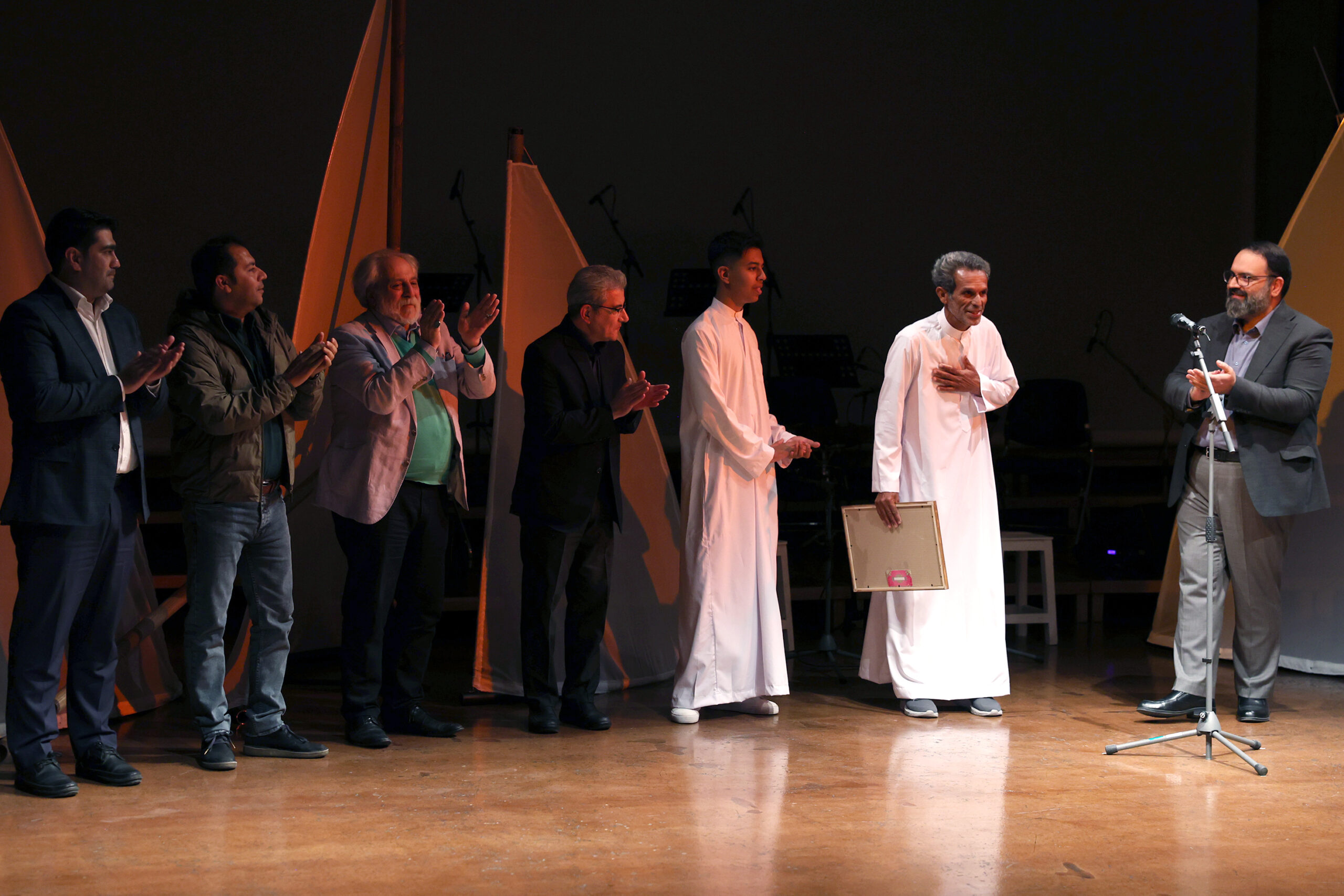
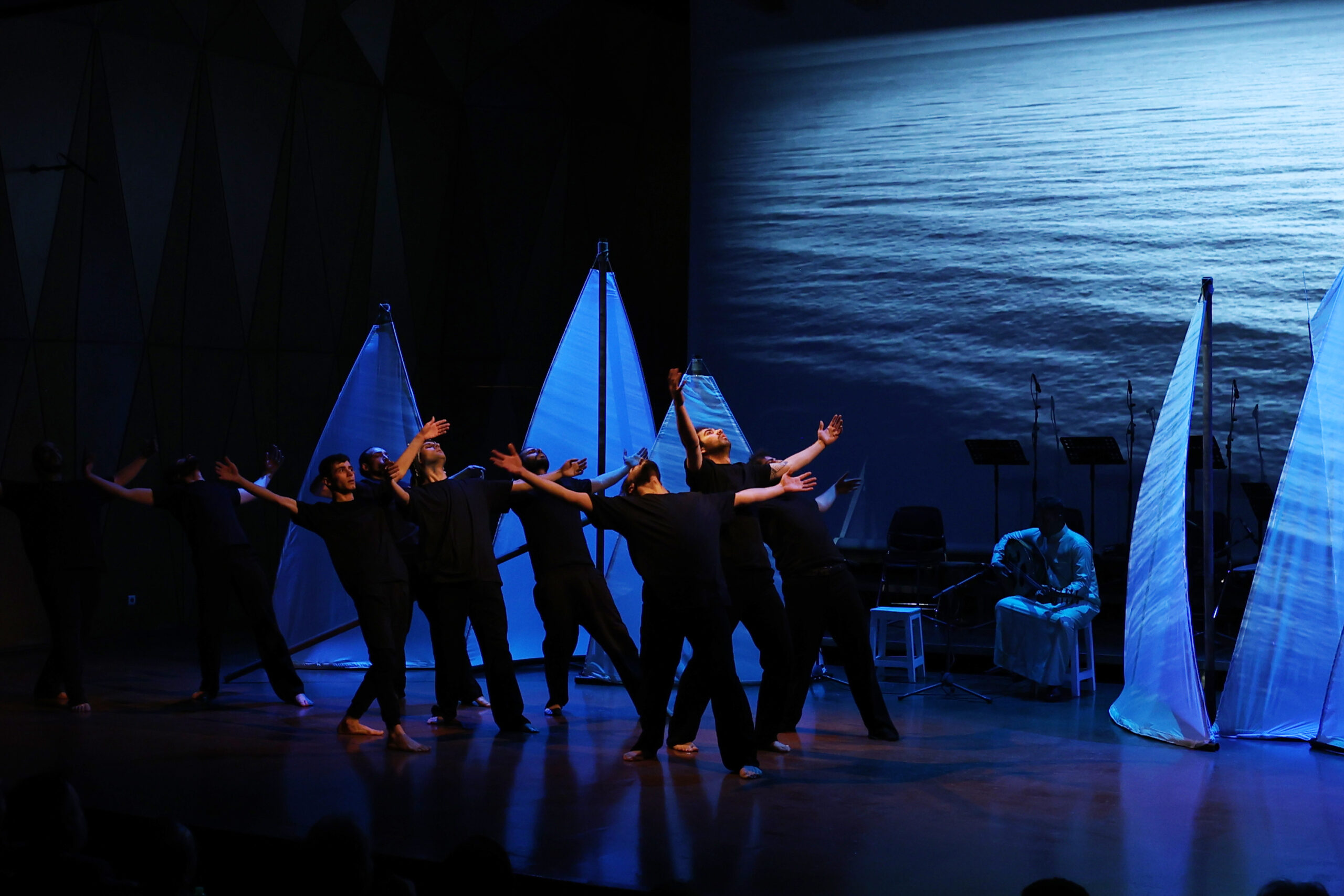
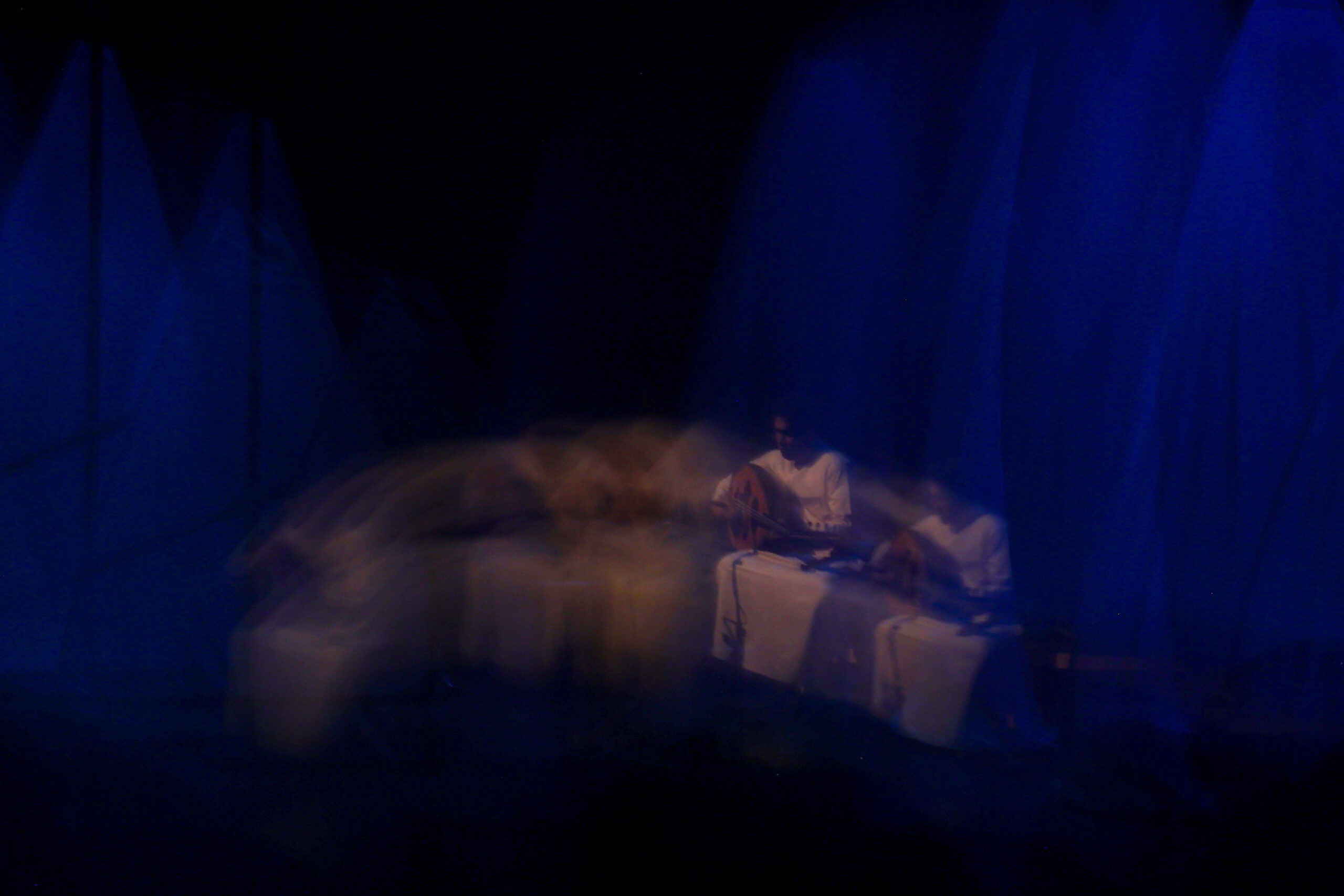
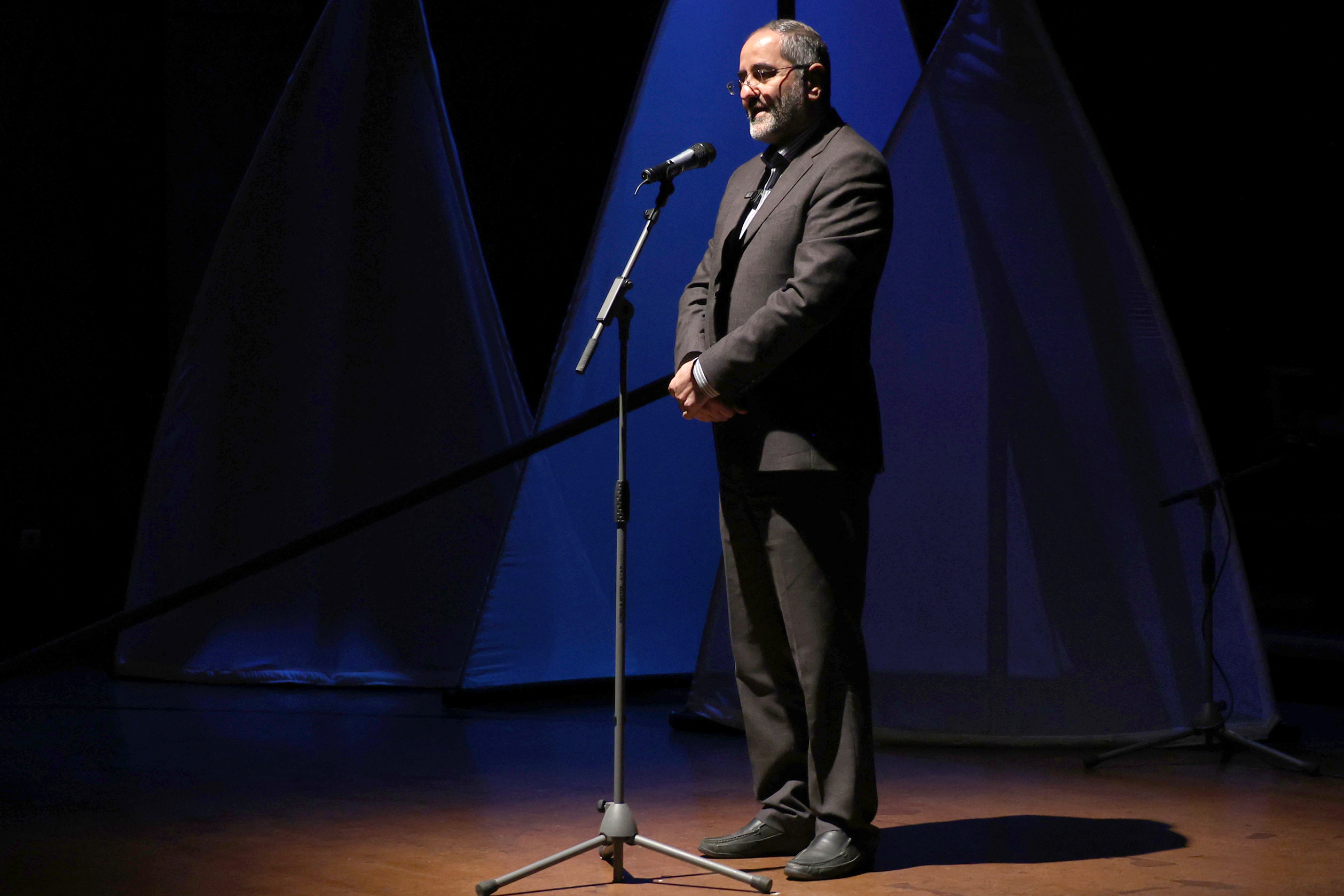
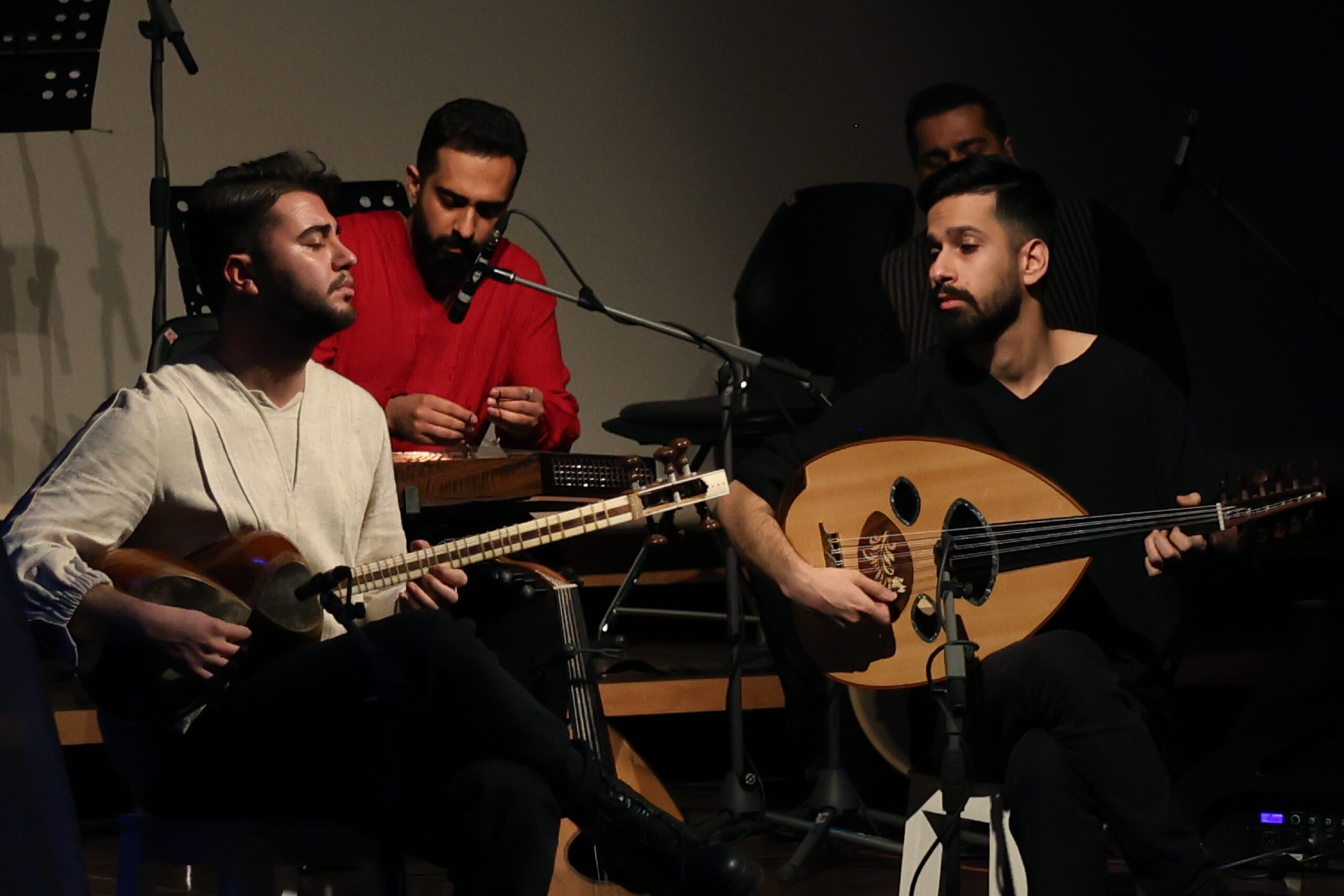
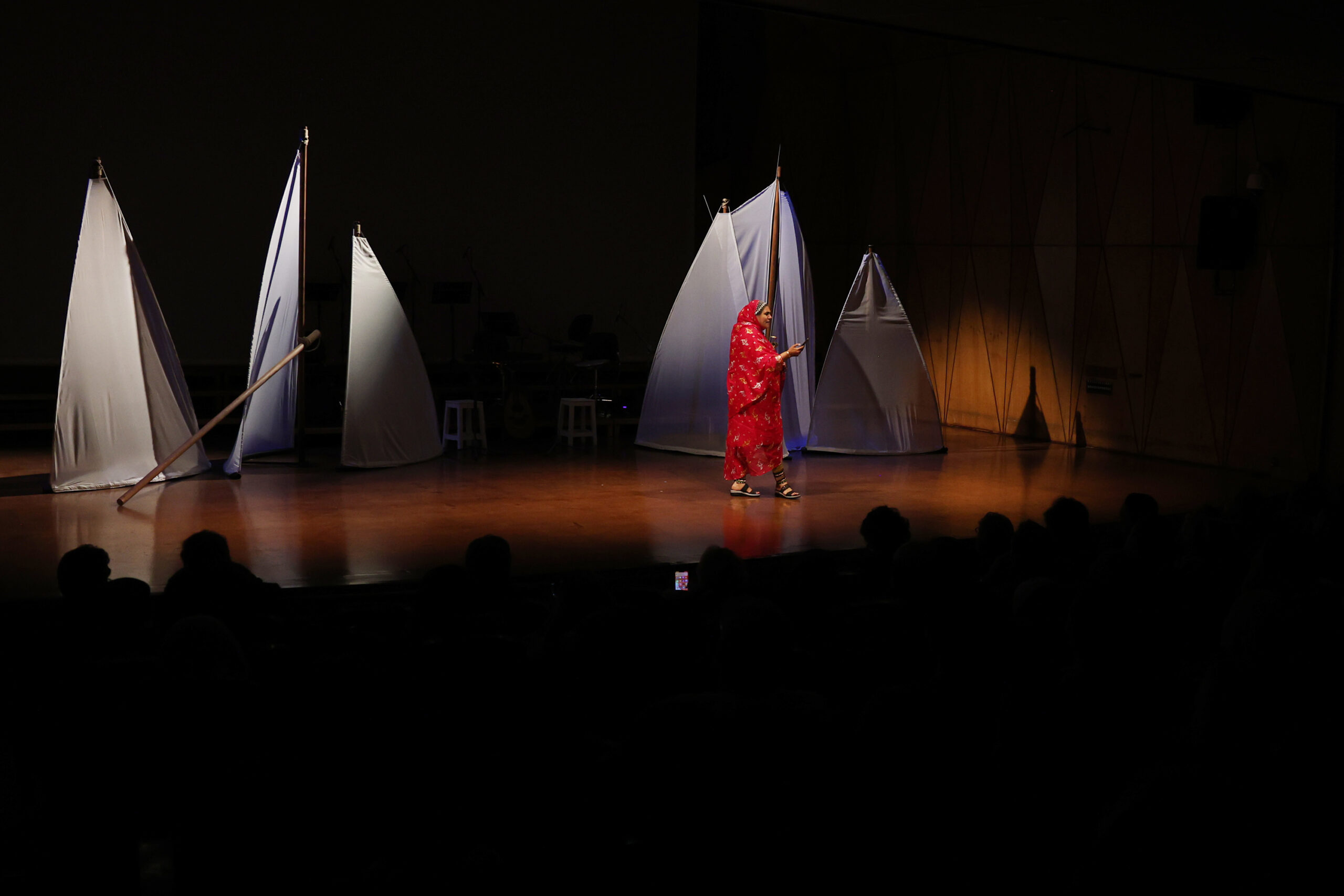
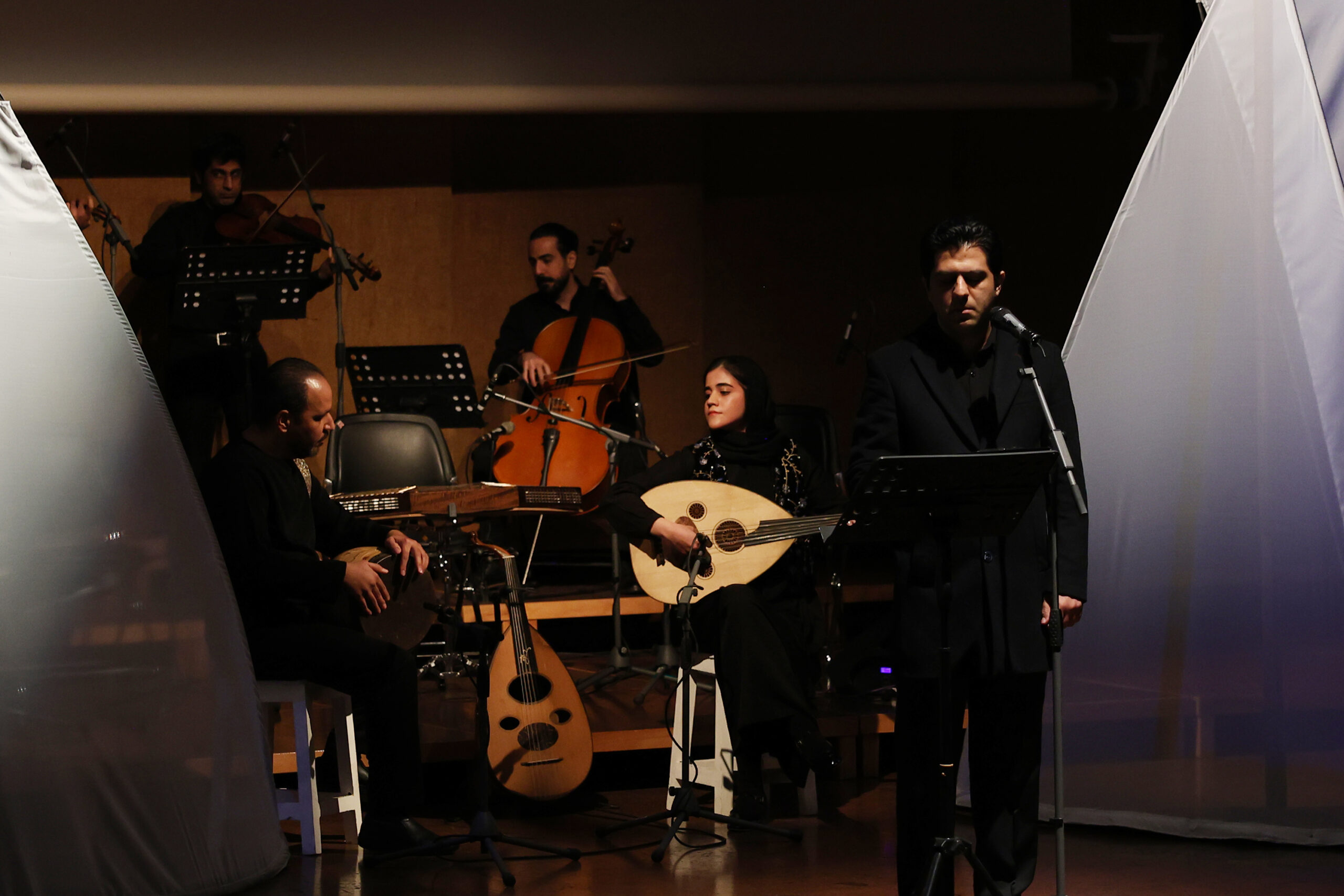
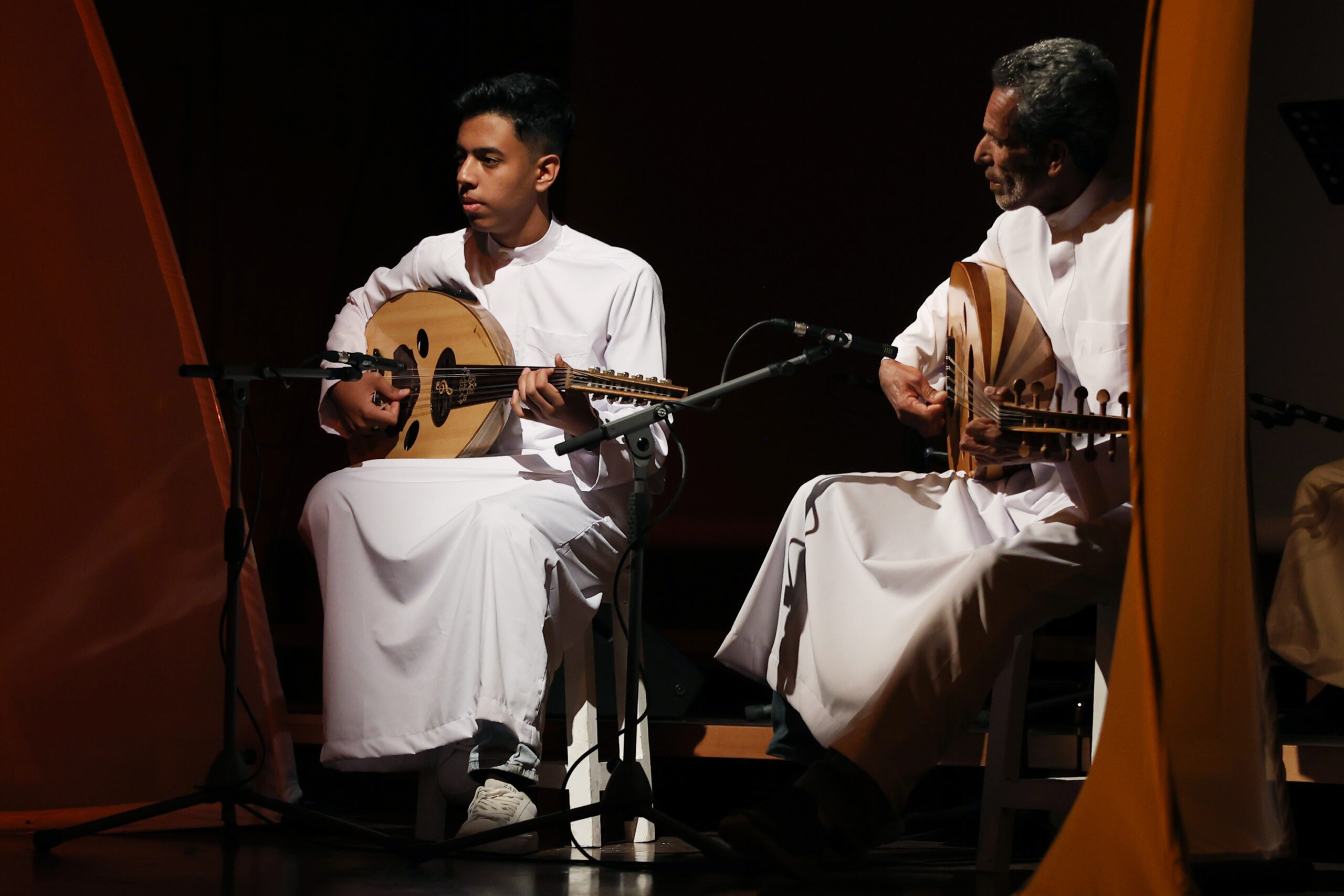
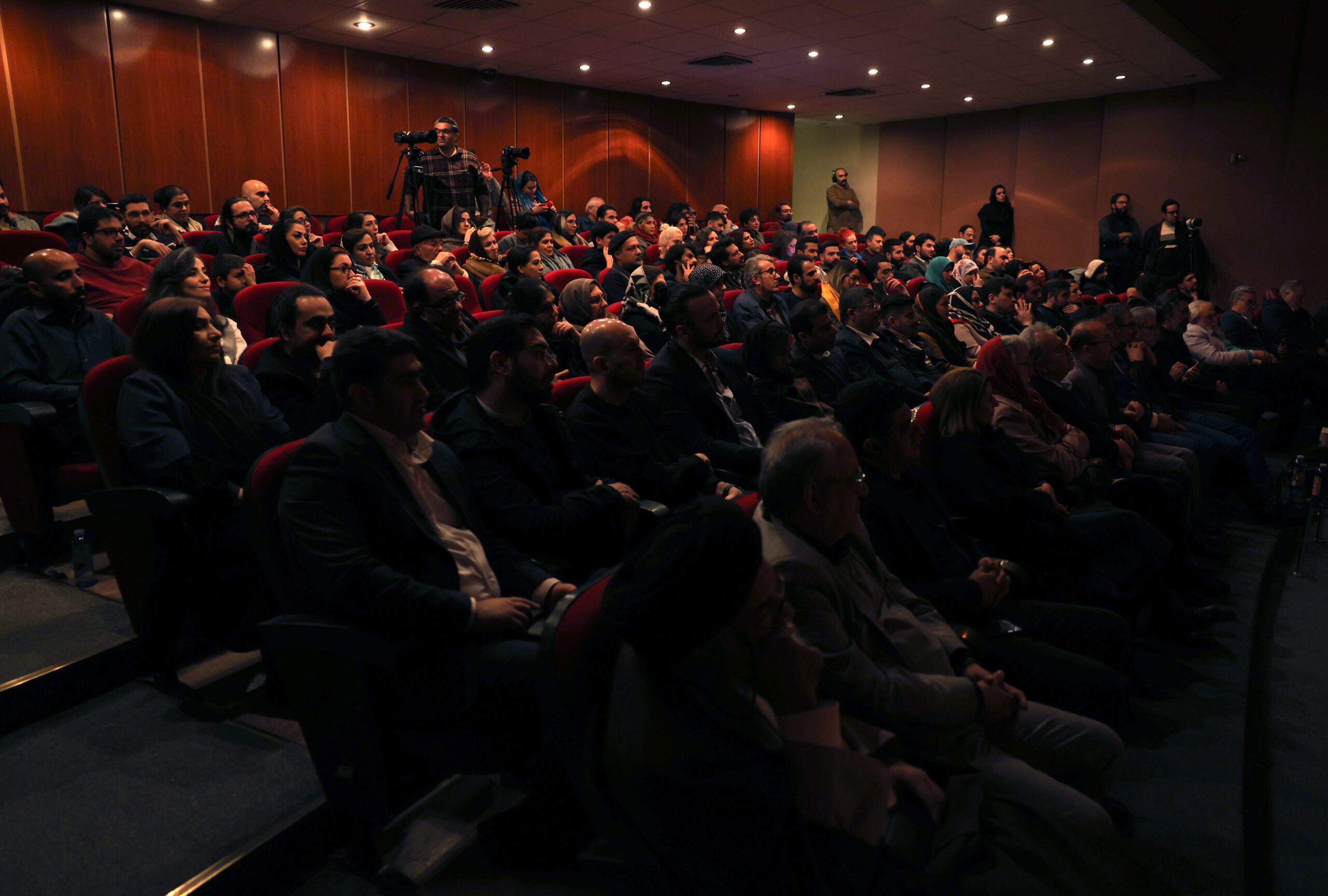
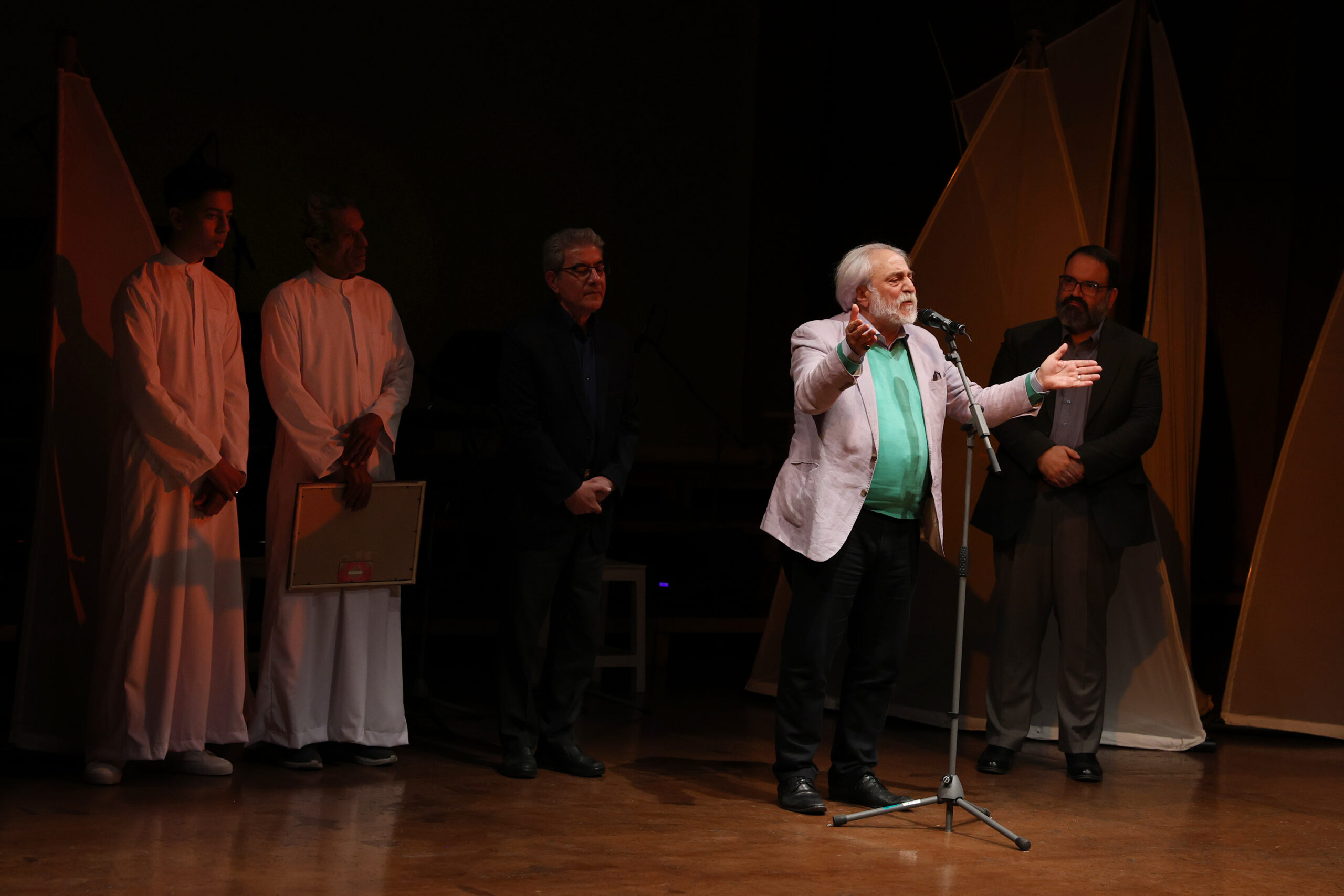
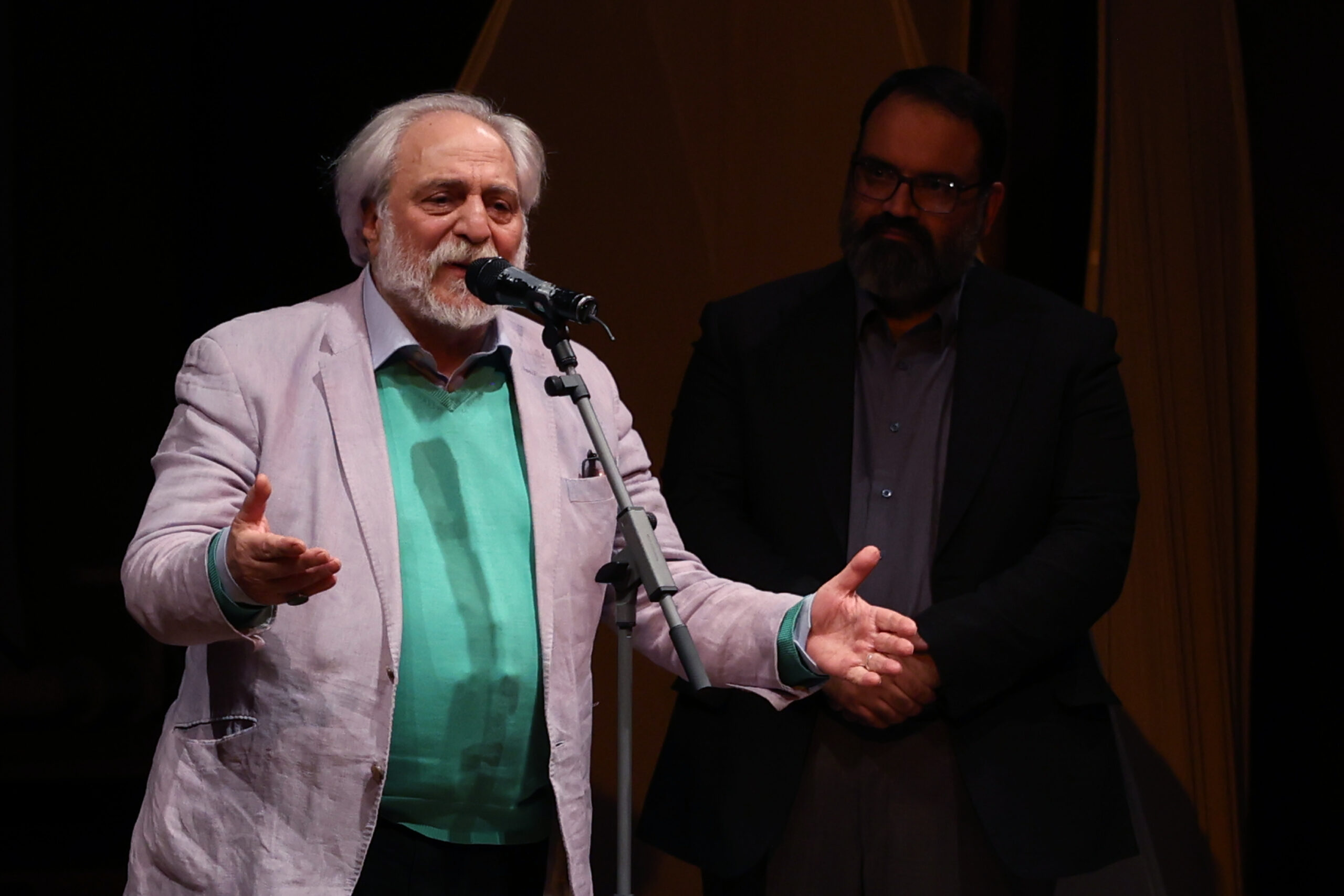
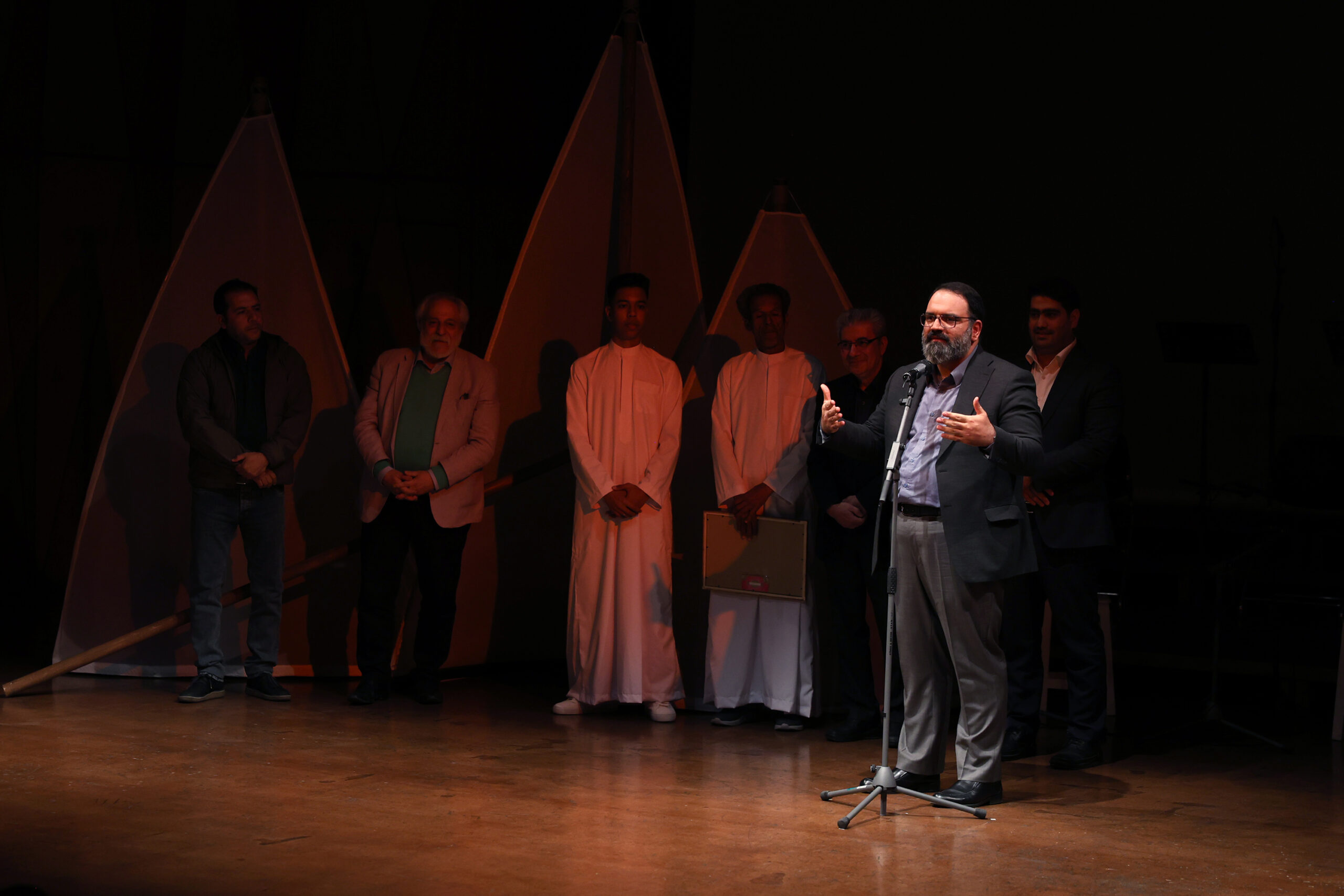
Tags: BookCity Events, BookCity Institute, Music, Qeshm, عود